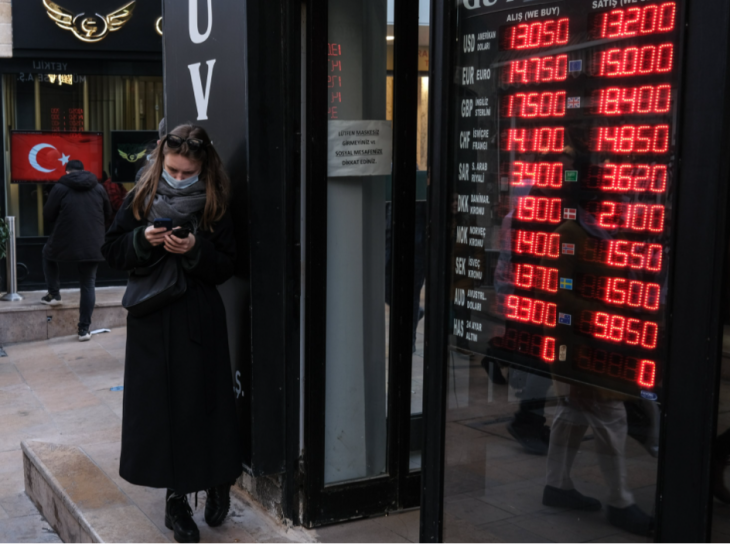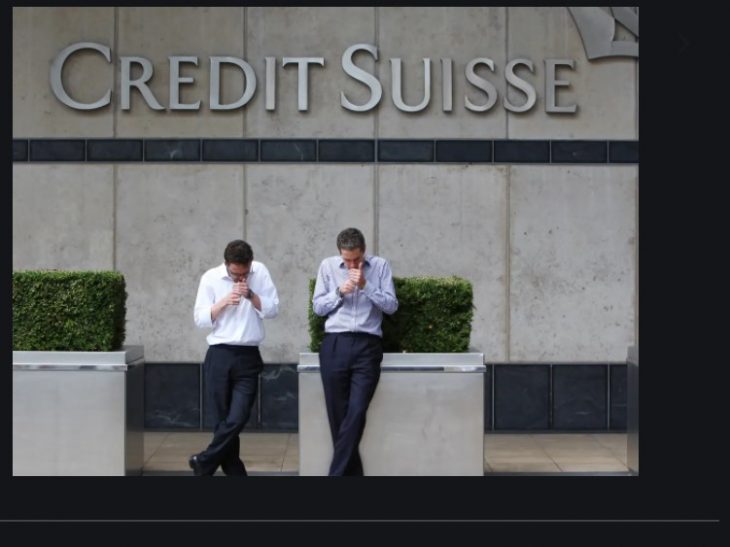Turkey CDS signals distress, Eurobonds suffer steep sell-off
 cds1
cds1
New data by Central Bank of Turkey covering the week ending on 12 May revealed sharp FX reserve losses amounting to $7.6 bn for the week. According to economists PATurkey interviewed, reserve bleed continued afterwards, by an estimated $1.5 bn through Tuesday, 16 May.
Reuters reported Thursday morning that Turkey's dollar-denominated sovereign bonds slid further on Wednesday, and the cost of insuring government debt against default rose, as the post-election market rout following President Tayyip Erdogan's strong showing extended into a third session.
[embed]https://www.youtube.com/watch?v=yeYUXadF6Jg[/embed]
Turkey’s 7 and 5 year CDS premia soared respectively to 739 and 689 basis points in Thursday intra-day trading, the former signaling the market viewing Treasury bonds as “distressed”.
"We could see CDS rise to 900 bps or above that – which is where we were trading in July last year – and if we assume that the currency would have to depreciate towards the same levels after adjustment for inflation, we talk about the lira at 30 or 31 to the dollar," said Gustavo Medeiros, head of research at Ashmore. "That is a rough approximation, but a pretty good ballpark."
The bond maturing in 2036 fell the most by Wednesday afternoon, a 3 cent drop, Tradeweb data showed. Longer-dated issues maturing 2041 now broadly trade below the 70 cents on the dollar, a level some analysts view as distressed territory.
[embed]https://www.youtube.com/watch?v=O6b5mxF3Ab8[/embed]
“Another term for President Erdogan would likely imply a continuation of the current unorthodox and unsustainable policies and macroprudential measures with a heightened risk of persistent very high inflation and severe currency pressures,” said Moody’s Investors Service, the credit rating agency, according Adam Watson of FT.
Francesc Balcells, chief investment officer of emerging market debt at FIM Partners, commented in an FT op-ed:
“There will be a temptation to think that with Erdogan more likely to retain control, markets will settle back to the status quo ante before the election.
That’s unlikely. For investors, what has kept Turkish risk in check over the past few years has partly been the combination of financial repression — or the government’s capture of domestic dollar savings and control over financial flows to keep the lira stable — and the selling of assets such as reserves. And the expectation of a change in economic policy direction at some point down the road.
Whilst financial repression will continue under Erdogan, the room to maneuver is getting narrower by the day, with each measure imposed by the government having a knock-on effect on different economic actors. A bank deposit scheme to provide an incentive to locals to keep their savings in lira, for example, is posing a large contingent liability to government finances when the lira depreciates against the dollar.
Likewise, the country’s and the central bank balance sheets have been run down to exceedingly low levels. Net foreign exchange reserves of the bank are running at levels insufficient to cover the large foreign exchange refinancing needs of the country.
Follow our English language YouTube videos @ REAL TURKEY: https://www.youtube.com/channel/UCKpFJB4GFiNkhmpVZQ_d9Rg
And content at Twitter: @AtillaEng
Facebook: Real Turkey Channel: https://www.facebook.com/realturkeychannel/






